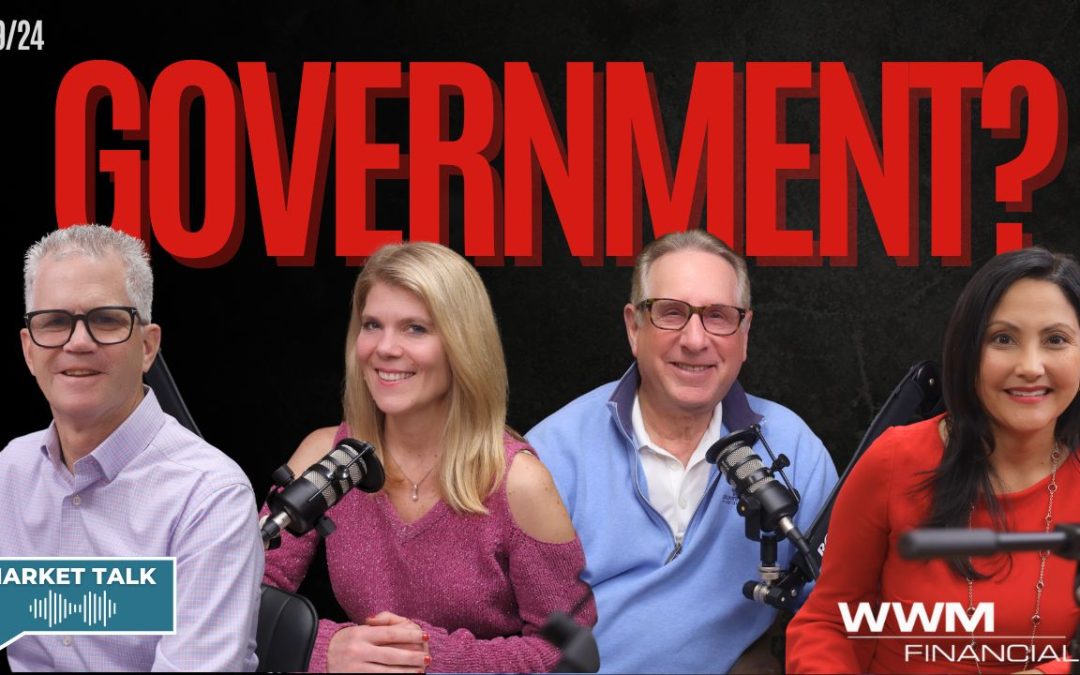
America vs. China
This week, Catherine, Rachel, Greg, and Steve discuss the latest market trends, including the impact of AI on stocks and China’s claim of developing a cheaper AI than the U.S. They dive into Nvidia’s chip dominance and the growing competition between the U.S. and China. Rachel also shares key insights on taxes. Plus, they talk about the trend of people living to 100 and Apple’s upcoming AI release this spring. Also, get the latest update on U.S. GDP!
If you want to understand what’s going on in the economy, get better insight into the financial markets, and separate the sound from the noise so you can make good financial decisions, tune in now!
Date Recorded: 1/30/25
WWM Financial is an SEC Registered Investment Advisor.
The opinions expressed in this program are for general informational purposes only and are not intended to provide specific advice or recommendations for any individual or on any specific security. It is only intended to provided education about the financial industry and how we may be able to assist. To determine which investments may be appropriate for you, consult your financial advisor prior to investing. Any past performance discussed during this program is no guarantee of future results. As always please remember investing involves risk and possible loss of principal capital. Tax considerations presented may not be appropriate every individual circumstance. A tax professional should be consulted before making any decisions about your tax liability.









